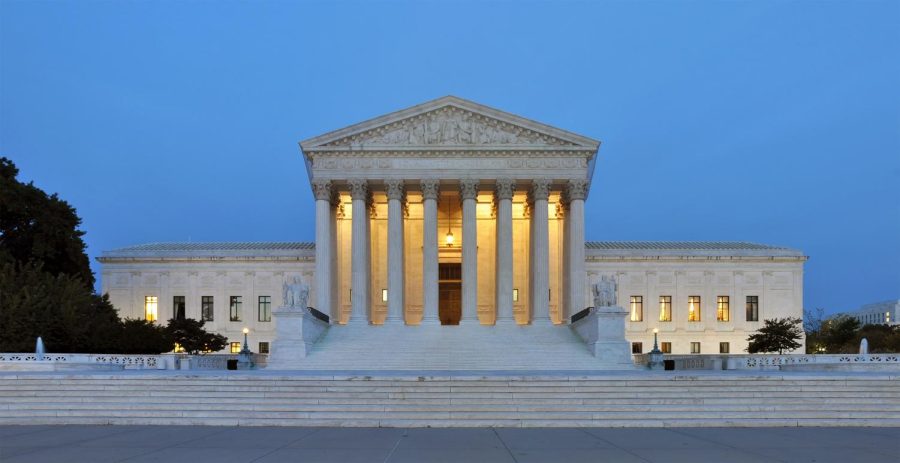Clark Involved in Amicus Brief Regarding Race-conscious College Admissions
The U.S. Supreme Court has already heard oral arguments over two cases in which Clark has filed a brief in support of Harvard and UNC.
November 13, 2022
Clark University is one of “thirty-three private, highly selective residential colleges” represented in an amicus brief for two recently-argued U.S. Supreme Court cases regarding college admissions. These parallel cases, petitioned by Students for Fair Admissions Inc. (SFFA), accused Harvard University and the University of North Carolina at Chapel Hill of using race as a discriminatory factor in admissions, pointing to Harvard’s treatment of Asian-American applicants as an example.
As a public university, UNC is tied to the equal protection clause of the Constitution, as well as the Civil Rights Act of 1964, which Harvard is also bound to. SFFA claims that affirmative action policies violate these protections.
Patrick Strawbridge, a lawyer for SFFA, said that their objection was with “a consideration of race and race by itself”, describing how writing an essay about overcoming racial discrimination is different from simply checking a box for race, something that liberal justices on the Court pointed out is never the single deciding factor.
The precedent set by the Court in the Grutter v. Bollinger (2003) decision allows race to be considered in admissions if it is necessary for the interest of diversity, so long as it is considered among other factors, including performance standards like GPA. SFFA argued that Grutter should be reversed, in part because “neither Harvard nor UNC complies with it in any event.”
Cameron Norris, another SFFA attorney, claimed that racial diversity was “not a compelling interest” that would justify the consideration of race in Harvard’s admission process. The necessity of racial consideration is also targeted in the case against UNC, which questions whether a change in policy that might change the composition of the student body would lead to a “sacrifice in academic quality or the educational benefits of overall student-body diversity.”
The conservative majority of the court seemed to think this point raised a significant amount of doubt on the question, with Justice Clarence Thomas asking for examples of the “educational benefits” of diversity, a concept that he feels “seems to mean everything for everyone.”
The benefits of diversity were addressed in the amicus brief Clark is listed in, as well as in one filed by “some of America’s most successful science and technology companies” including LinkedIn, Mastercard, Shell, and Verizon, among others. The companies explain that a diverse workforce optimizes the success of STEM disciplines, which is an important step in “winning in the ever more competitive global economy.”
They cite the importance of a diverse group of students who can enter the workforce, and defines “diversity” as not just racial diversity, but “for example, people of different genders, people with different ethnicities, straight and LGBTQ+ people, people with and without disabilities, and people with a range of religious beliefs.”
The amicus brief from the group of colleges stresses that diverse educational environments improve problem-solving, critical thinking, interpersonal, and leadership skills for their students, which is a benefit to “not only educational institutions but also society as a whole.”
It also provides a defense of Grutter, denouncing the idea that the precedent has produced “significant negative consequences.” They describe the guidance provided for which practices would be discriminatory, as well as what qualities would be present in a fair program. The colleges all “consider qualified applicants holistically,” and work within the Grutter precedent to diversify their student body.
While a ruling will likely not be delivered until June, the skepticism of the conservative majority of the Court suggests that Grutter is likely to be overturned, declaring race-based admissions programs unlawful.
This would be a change from Fisher v. University of Texas (2016), the most recent case regarding race-conscious admissions, which upheld their legality. The schools in question, as well as those in amicus briefs, have stated that without admissions programs that can take race into consideration, they will struggle to maintain the diversity that they have been able to cultivate.

